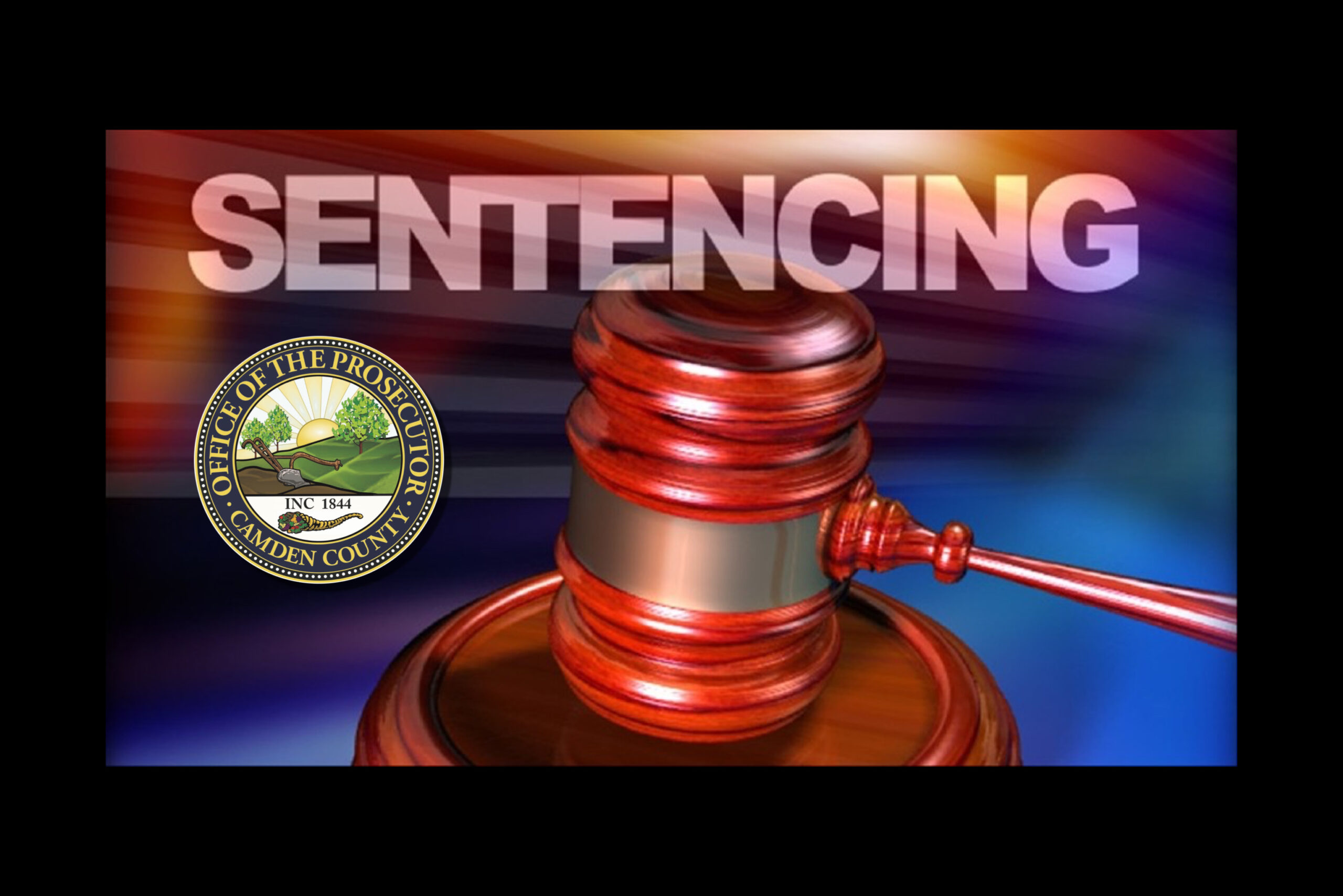With more than 600,000 people now collecting unemployment in New Jersey, the Department of Labor is helping claimants through the process of certifying for weekly benefits so they receive payment without delay.
The US Labor Department requires unemployment recipients to certify for benefits each week. In New Jersey, that means answering seven questions and attesting to the truthfulness of the answers. But, the certification questions have proven an obstacle for tens of thousands of filers per week because of their work situation. For example, a worker who expects to be recalled to their job after COVID-19 should nonetheless answer “yes” to the question, Were you actively seeking work? Answering the certifying questions incorrectly will delay payment of benefits. That’s why the Labor Department has created a how-to guide to walk claimants through the questions. The how-to guide pops up whenever claimants certify for weekly benefits online, and requires them to check a box verifying that they have read the guide. It is also available on the Department’s website.
The department urges everyone to read the guide before certifying for benefits.
“We are doing everything we can to put the best, most useful information out there and urge everyone to read it before they certify,” said Labor Commissioner Robert Asaro-Angelo. “This is the process we are required to follow to protect claimants, protect our trust fund’s solvency and protect New Jersey businesses. It’s heartbreaking to hear stories of a single mom or a furloughed dad whose family sustaining payments were held up. It’s even worse when tens of thousands have it held up because of an avoidable, unintentional certification mistake.”
Answering a question incorrectly will result in a “claim not payable at this time” error message. Unfortunately, there are no do-overs because the answers to these questions may affect benefit eligibility. Agents review the errors, pay the claims that can be paid and contact those from whom additional information is required. But because the number of weekly certifiers is in the hundreds of thousands, correcting the error could take two weeks.
Claimants receive an email when their payment is issued.
The certification questions and interpretations are as follows:
Question 1 – Were you able and available for work?
The answer to this question should be YES if:
- You were physically able to do your work before you lost your job (and you lost your job/hours due to your own coronavirus illness, your need to care for a family/household member with coronavirus, or your employment situation changed because of coronavirus public health emergency); OR
- You are out of work temporarily due to an employer-closure related to the coronavirus and expect to return to your job; OR
- You are able and available for work.
Question 2 – Were you actively seeking work?
If you are waiting to be recalled to your present job, or delaying your job search until this natural emergency ends or subsides, you should answer YES.
Question 3 – Did you refuse any work?
If you refused an offer of work due to concerns related to the travel/stay-at-home restrictions of the coronavirus pandemic, or because you were ill with coronavirus, or because you wouldn’t be able to care for a coronavirus-affected family member, or care for a dependent whose place of care or school is closed because of coronavirus, you should answer NO.
Question 4 – Were you attending school or job training?
If you are a student and just filed this unemployment claim as a result of the coronavirus emergency, and the Division of Unemployment Insurance has not reviewed your school status, please answer NO to this question (even if you are attending school online) at this time.
If you are a student who filed an Unemployment Insurance claim prior to this emergency, and have already provided the department with your school information, and your school is currently closed due to the coronavirus, please answer this question in the same manner (Yes or No) you would have prior to the school closing.
Question 5 – Did you receive holiday or vacation pay for the week beginning mm-dd-2020 and ending mm-dd-2020?
If your separation is temporary and was caused by the coronavirus emergency, please answer NO to this question. However, if you receive any type of wage while you are not working, answer YES TO QUESTION #7 (see below) AND REPORT THE AMOUNT THERE
Question 6 – Are you receiving or have you applied for a pension or other retirement pay from any of the employers listed below?
You should answer “YES” only if you are currently receiving pension or other retirement benefit payments from one of the employers listed below. If you are currently paying into a pension or other retirement plan but you are not receiving payments, you should answer “NO.” If you are receiving pension payments from an employer who is not listed you should also answer “NO.”
Question 7 – Did you work between mm-dd-2020 and mm-dd-2020?
If you did any work between the designated dates, answer YES and report what you earned. If you know you will not have work the following week, immediately (no later than Saturday of the week in which you are claiming) follow steps to REOPEN/REASSERT THE CLAIM. If you received holiday/vacation/sick pay from your employer during this week, report that information here.
As of April 24, more than 622,000 people were collecting unemployment in New Jersey, which means they are receiving both their regular unemployment payment plus the additional $600 Pandemic Unemployment Assistance (PUA) payment as part of the Coronavirus Aid, Relief and Economic Security (CARES) Act. More than $1.5 billion in payments and rising has been distributed to workers who have been laid off, furloughed or had their hours reduced.
Though the Labor Department recognizes the frustration of anyone who is not yet receiving benefits, the Department has maintained a 6-day median from the time a claim is filed online until it hits the payment database. From there, approximately 93 percent are starting to receive benefits within 2 weeks.

